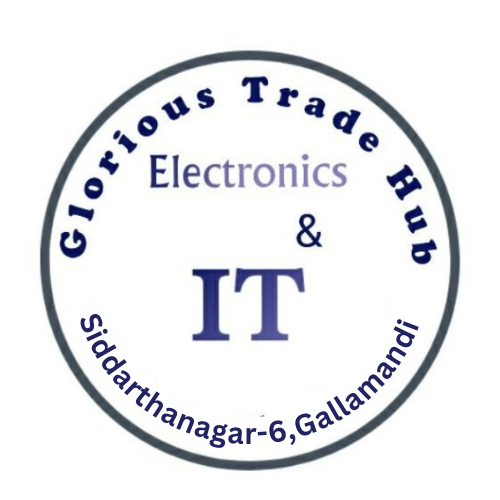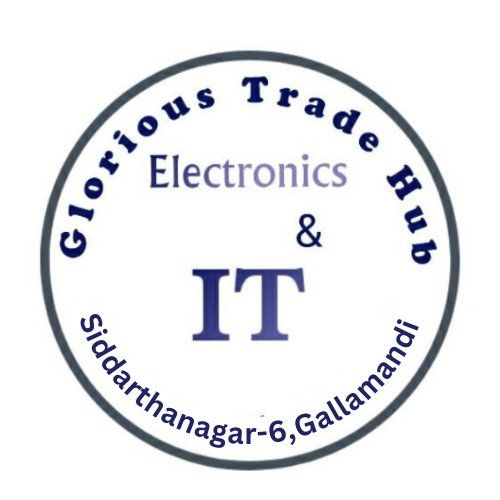The Japan Recycling Equipment Market Size has been expanding due to increasing environmental awareness, government regulations promoting recycling, and the growing need for efficient waste processing technologies. The market includes a diverse range of equipment, such as shredders, balers, granulators, and sorting machines, essential for various recycling processes.
Japan is widely recognized as a global leader in recycling technologies and sustainable waste management practices. The country has implemented a strong regulatory framework, supported by government initiatives, to promote environmental sustainability. The recycling equipment market in Japan has witnessed steady growth due to the increasing demand for efficient waste management solutions in residential, industrial, and commercial sectors. Advanced technologies such as optical sorting systems, automated shredders, and plastic recycling machinery are gaining popularity, driven by the country’s focus on minimizing landfill usage and maximizing material recovery.
Key Drivers of Market Growth
Several factors contribute to the growth of Japan’s recycling equipment market. Firstly, the country has strict waste management regulations that mandate proper segregation and recycling of waste. Secondly, the rising awareness among industries and citizens regarding environmental conservation encourages the adoption of sophisticated recycling equipment. Thirdly, the automotive and electronics sectors generate a significant volume of recyclable materials, creating demand for specialized recycling machines capable of handling complex waste streams. Furthermore, innovations in robotics and automation have improved the efficiency and accuracy of recycling processes, reducing operational costs and increasing throughput.
Technological Advancements
Technological innovation is a key characteristic of the Japanese recycling equipment market. For instance, advanced optical sorters can detect and separate materials such as plastics, metals, and glass with high precision. Similarly, shredding and granulating machines are now equipped with smart sensors that monitor material flow, preventing clogging and ensuring optimal performance. AI and IoT integration in recycling equipment allows real-time monitoring, predictive maintenance, and efficient energy usage. Such technological advancements not only improve recycling efficiency but also reduce the environmental impact of waste processing.
Market Segmentation
The Japan recycling equipment market can be segmented based on equipment type, material type, and end-user industry. Equipment types include shredders, crushers, balers, sorters, and conveyors. Materials processed range from plastics, metals, and paper to electronic waste. End-users include municipal authorities, manufacturing industries, and commercial waste management companies. Each segment demonstrates specific growth patterns; for example, the electronic waste recycling segment is expanding rapidly due to the increasing production and disposal of electronic devices.
Competitive Landscape
The Japanese recycling equipment market is highly competitive, with several domestic and international players offering advanced solutions. Key companies focus on research and development, continuous product innovation, and strategic partnerships to maintain market leadership. Companies often provide tailored solutions for specific waste streams, emphasizing energy efficiency and environmental compliance. The market also benefits from government incentives that encourage investment in recycling infrastructure and technology upgrades.
Challenges in the Market
Despite its growth potential, the market faces challenges such as high capital investment requirements, maintenance costs, and the need for skilled personnel to operate advanced machinery. Additionally, fluctuations in raw material prices and changing regulations can impact market dynamics. Companies must continuously innovate and adopt flexible strategies to navigate these challenges while meeting the growing demand for sustainable waste management solutions.
Future Outlook
The future of the Japan recycling equipment market appears promising, with an increasing focus on circular economy principles. Adoption of AI, IoT, and automation is expected to accelerate, enhancing operational efficiency and reducing environmental footprints. Emerging trends such as zero-waste initiatives, extended producer responsibility (EPR), and smart city projects will further drive demand for advanced recycling equipment. Moreover, collaboration between technology providers, industries, and government agencies will play a crucial role in shaping the market landscape over the next decade.
FAQs
Q1: What types of recycling equipment are most commonly used in Japan?
Japan commonly uses shredders, optical sorters, balers, and automated conveyors for efficient material separation and processing.
Q2: How does technology impact the recycling process in Japan?
Advanced technologies like AI, IoT, and smart sensors improve sorting accuracy, reduce energy consumption, and allow real-time monitoring of recycling operations.
Q3: What industries drive the demand for recycling equipment in Japan?
The automotive, electronics, paper, and plastics industries are major contributors to recycling equipment demand due to their high production of recyclable materials.
Electric Wall Heater Market Size
ICP-OES Spectrometer Market Size


